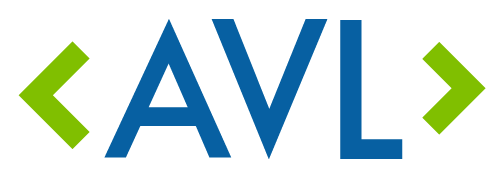Last week Jen Pahlka, founder and Executive Director of Code for America, attended the American Technology Council meeting at the White House. Knowing that many would disagree with that decision, she wrote a Washington Post op-ed and a Medium post explaining why.
She argued that “the principles and values of the movement for 21st century government MUST be in that room,” that those same principles and values made it imperative that she attend, in spite of deep concerns over the current administration’s disregard for American values and the rule of law.
In addition to the posts, Code for America hosted an open forum Thursday “to discuss the values that drove this decision and how folks feel about them as a framework for future decisions”. In preparation for that, they shared a draft document on the vision, mission, values and operating principles of Code for America and the Code for America brigades.
We’ll have a chance to have a conversation with Jen herself in a few weeks, so it seemed appropriate to share that document as part of our rethinking of who we are and where we’re going. Here are the key operating principles for both the national organization and the brigades:
Code for America Mission & Operating Principles
Code for America uses the principles and practices of the digital age to improve how government serves the American public, and how the public improves government.
- To inspire change
To inspire public servants, people from the tech sector, and community organizers to create change by demonstrating that government services can be simple, beautiful, and easy to use. - To make change real
Providing government with access to the resources and digital talent they need so that together we can meaningfully impact some of the world’s toughest societal challenges. - To make change stick
Connecting and convening people from inside and outside government, and from all over the world to inspire each other, share successes, learn, build, and shape a new culture of public service for the 21st century.To do it all at scale, serving those who need it most
These are the ideas that guide the decisions we make:
- Solve real problems
We solve problems that real people have, we make sure what we build works for them, and we continuously improve it. We solve real problems instead of creating elegant code and robust systems to solve imagined ones. - Work with, not for the people we serve
We respect our users by actively including them in the process of design and delivery. We respect and support public servants, and when we are critical of government outcomes, we blame the system, not the people. - Start and end with the user
Start by understanding the needs of the people government serves. Work with real people to understand who they are, what they need, and how they behave throughout the process. - Move fast, iterate quickly
Get a working minimum viable product (MVP) in front of users as early as possible and make continuous improvements based on how they use the service. - Make it better with data
Inform iterations with data about user behavior. Evaluate programs based on data about outcomes.
Brigade Principles
Brigades work with local government and citizens to bring positive change to their local communities. The National Advisory Council for the brigade network has added the following rally cry and operating principles reflecting the unique values of the local brigades.
Rally Cry: We’re a national network of community organizers & technologists who are putting technology to work for the benefit of our local communities.
- Change Starts Locally
Change starts in our neighborhoods, our city halls, and our community centers. It is at the local level that we can most directly impact people’s lives. - The People = All People
We create inclusive communities where each and every person can participate, not just those with access to power and resources. - We Learn From One Another
We work in the open, we invite participation and feedback, and we share what we are learning with the rest of the network along the way.
There is more to explore in the document and you may suggest additions or changes yourself there. We also expect that there will be another open forum opportunity. If you are interested, we’ll announce in the Slack channel as soon as we hear, or email us at code4asheville@gmail.com and we’ll get the information to you.
This article is from the semi-weekly Code for Asheville newsletter. See the rest of this issue here. Sign up for future mailings here.
